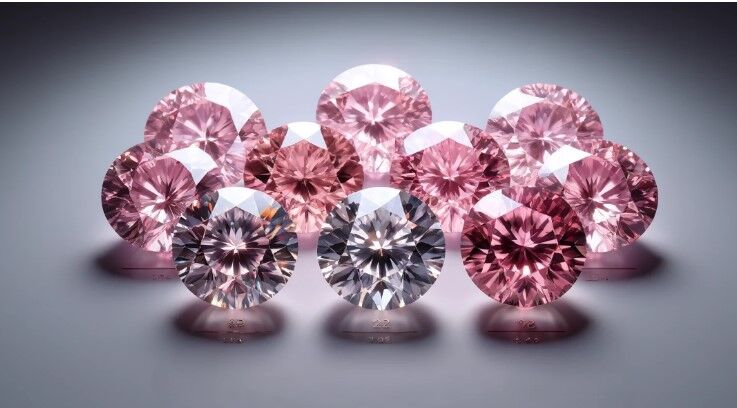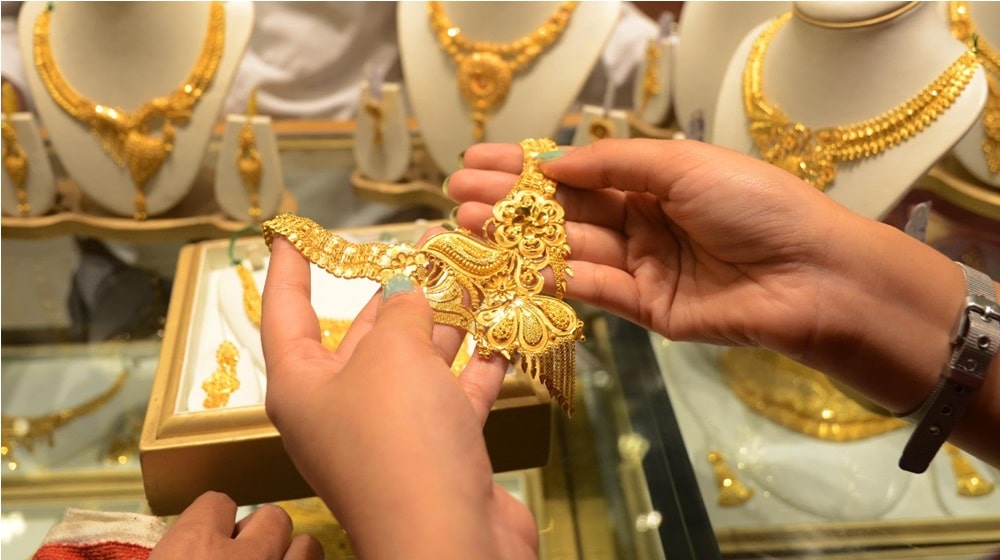
In recent years, the environmental impact of diamond mining has raised significant concerns, leading to a growing demand for alternative options that are both ethically sourced and environmentally friendly. One such option is lab-grown diamonds, which are produced in controlled laboratory conditions rather than being mined from the earth. As awareness of environmental issues grows, organizations like the World Wide Fund for Nature (WWF) are promoting the adoption of sustainable practices within industries such as diamond production. In this article, we will explore the connection between WWF and lab diamonds, examining how these diamonds can contribute to a more sustainable future for the diamond industry.
The Role of WWF in Environmental Advocacy
The World Wide Fund for Nature (WWF) has long been a leading organization in the fight for environmental conservation. WWF’s mission is to protect the natural world, safeguard wildlife, and reduce the ecological footprint of industries that cause harm to the environment. The diamond industry, with its heavy reliance on mining, has been a significant concern for WWF due to the environmental damage caused by traditional diamond mining methods. Deforestation, habitat destruction, and water pollution are just a few of the adverse effects associated with diamond extraction, which is why WWF has been advocating for more sustainable alternatives, such as lab diamonds.
Lab Diamonds and Their Environmental Benefits
Lab-grown diamonds, also known as synthetic or cultured diamonds, are produced in laboratories using high-tech processes that replicate the natural conditions under which diamonds form in the earth. Unlike mined diamonds, lab diamonds do not require the destruction of ecosystems or the use of large amounts of water and energy in the mining process. As a result, lab diamonds are significantly more environmentally friendly and are often seen as a more sustainable option for consumers who are concerned about the environmental impact of their purchases. WWF has endorsed the use of lab diamonds as part of a broader effort to reduce the carbon footprint of industries that rely on natural resources.
WWF’s Support for Ethical Practices in the Diamond Industry
WWF’s support for lab diamonds extends beyond environmental concerns; the organization also promotes ethical practices within industries that impact wildlife and communities. Traditional diamond mining has been associated with human rights violations, including exploitative labor practices and unsafe working conditions. WWF advocates for the adoption of sustainable and ethical practices across various industries, including the diamond sector. Lab-grown diamonds offer a solution to these ethical concerns by eliminating the need for exploitative labor practices that are often present in traditional mining operations. For consumers who value ethical sourcing, lab diamonds present a compelling alternative that aligns with WWF’s goals of promoting fair and responsible practices.
The Growing Popularity of Lab Diamonds
As consumers become more conscious of the environmental and ethical implications of their purchases, the demand for lab-grown diamonds has increased. Lab diamonds are gaining popularity not only because of their sustainability but also because they offer the same beauty and quality as mined diamonds. Advances in technology have made it possible to create diamonds that are virtually indistinguishable from their natural counterparts, allowing consumers to enjoy the elegance of a diamond without the environmental and ethical concerns associated with traditional mining. WWF supports this growing shift towards lab diamonds as part of a larger movement toward more sustainable and responsible consumption in the luxury goods market.
Lab Diamonds and Carbon Footprint Reduction
One of the key advantages of lab diamonds is their significantly lower carbon footprint compared to mined diamonds. The process of mining natural diamonds is resource-intensive and releases large amounts of carbon dioxide into the atmosphere. In contrast, lab diamonds are produced using methods that are less energy-consuming and produce fewer emissions. WWF has highlighted the importance of reducing carbon footprints across all industries, and the diamond sector is no exception. By choosing lab-grown diamonds over mined diamonds, consumers can contribute to a reduction in overall greenhouse gas emissions, helping to mitigate climate change and protect vulnerable ecosystems.
Lab Diamonds as Part of a Circular Economy
Another important aspect of lab diamonds is their potential to contribute to a circular economy, where resources are used more efficiently, and waste is minimized. Lab diamonds can be recycled and reused, which is not the case for mined diamonds. This feature makes lab diamonds a more sustainable choice in the long term, as they can be reprocessed and repurposed into new products. WWF advocates for the adoption of circular economy principles across industries, as this model helps reduce waste, conserve resources, and minimize environmental damage. By investing in lab diamonds, consumers can play a role in fostering a more sustainable and circular economy.
The Future of the Diamond Industry: A Shift Toward Sustainability
As the diamond industry faces increasing pressure to address environmental and ethical concerns, lab-grown diamonds are emerging as a viable solution. WWF’s advocacy for sustainable practices, including the promotion of lab made diamonds, is driving a shift toward a more responsible diamond market. The growing popularity of lab diamonds reflects a broader trend toward sustainability in luxury goods, where consumers are increasingly prioritizing environmental and ethical considerations when making purchasing decisions. By supporting WWF’s initiatives and choosing lab diamonds, consumers can contribute to a future where the diamond industry operates more sustainably, with a reduced impact on the planet and its inhabitants.
Conclusion: WWF and Lab Diamonds for a Sustainable Future
The connection between WWF and lab diamonds represents a positive step toward a more sustainable and ethical diamond industry. Lab-grown diamonds offer a solution to the environmental and ethical issues associated with traditional diamond mining, and WWF’s support for these sustainable alternatives is helping to drive change within the sector. As demand for lab diamonds continues to rise, the diamond industry has the potential to become more responsible and environmentally conscious. By choosing lab diamonds, consumers can align themselves with WWF’s mission to protect the planet and its ecosystems, all while enjoying the beauty and brilliance of a diamond. The future of the diamond industry is bright, and lab diamonds play a crucial role in creating a more sustainable and ethical market.








